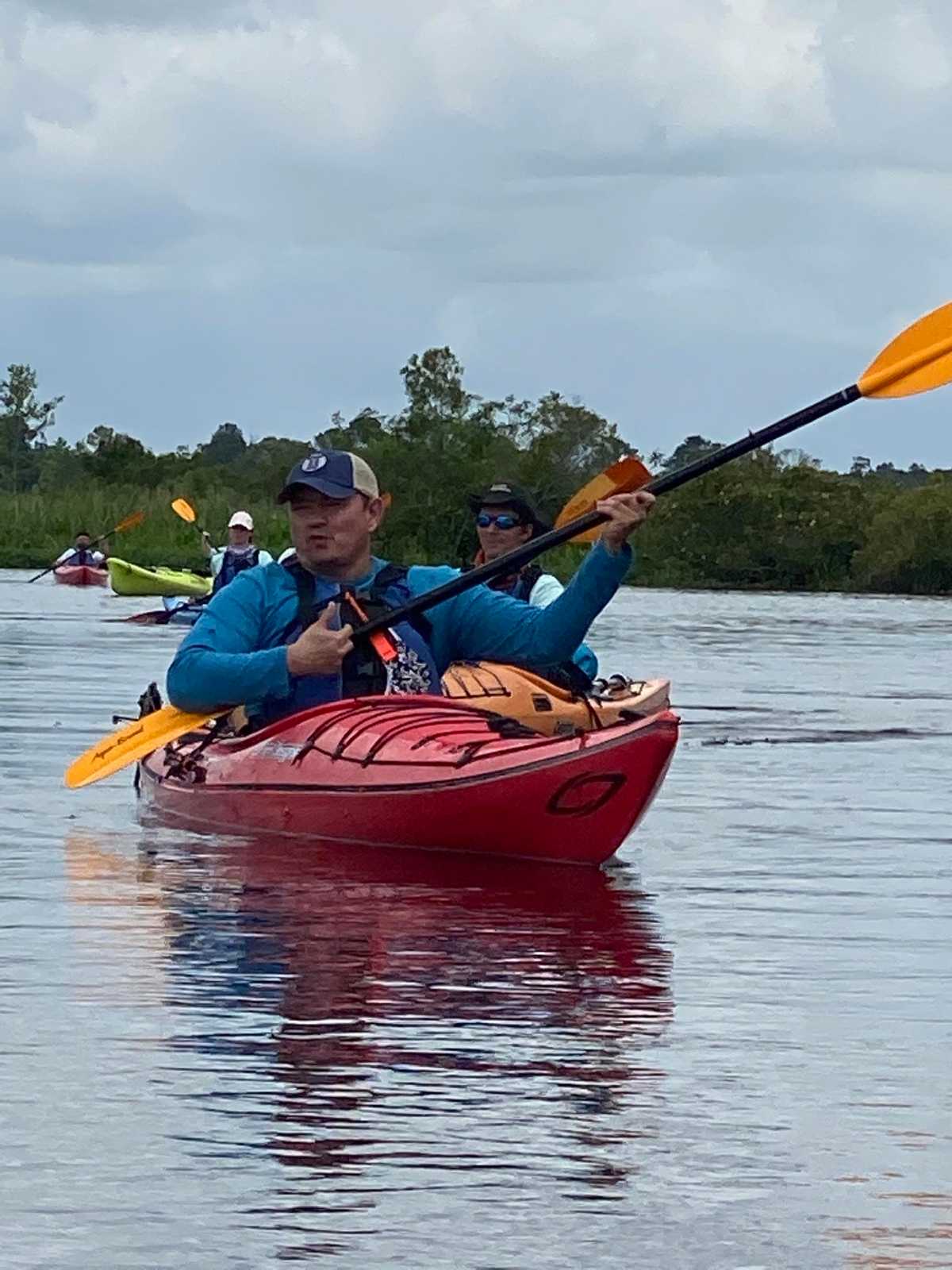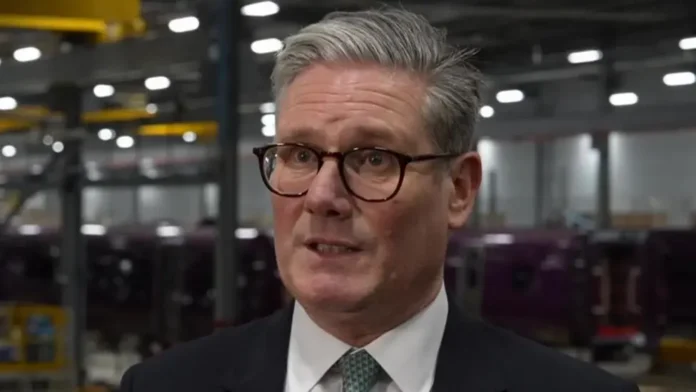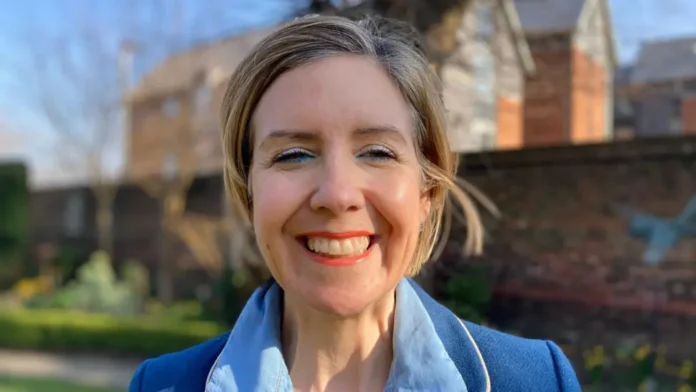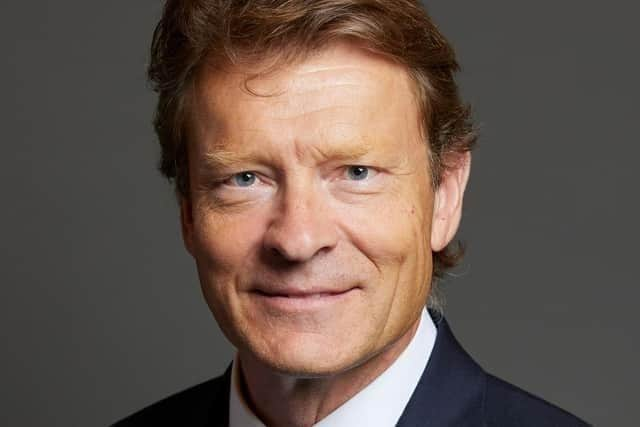The UK has the highest drug addition in Europe. According to a recent report, one third of all adults in England and Wales have used drugs at least once in their lifetime. In the USA the problem is much higher with more than 21 million people struggling with addiction.
Over the years we have seen many popular celebrities die from drug addiction around the world. When these celebrities die it makes headline news. What doesn’t make headline news is the 245 000 deaths globally from drug addiction. We don’t know their names, but their lives are just as important as a celebrities life. One life lost to drugs is one life too many.
Drug addiction does not just ruin the lives of those people who struggle to get clean, it also wrecks the lives around them. That can include partners, children, parents, and friends. One person who knows how drug addiction can wreck a person’s future is USA army veteran JR Weaver.
JR Weaver who served his country became addicted to drugs. He saw first hand how a person’s life can go from being great to hitting rock bottom. Not only did he manage to destroy lives around him, he also found himself on the wrong side of the law and behind bars. Now, he is determined to change his life and has even written a book called The Addiction Manifesto.
The author of The Addiction Manifesto has been very honest in his book and hopes to help as many people as possible to overcome their addiction and make a success of their life.
I decided to sit down with JR Weaver and learn more about his addiction and the reasons why he wrote the book. This is what he had to say.

- First of all please introduce yourself? Hi, I’m JR Weaver, author of The Addiction Manifesto, Glad to be here to share part of my story and it’s a helluva comeback story.
- You are an army veteran; can I ask where you served and how long you were in the army for? Yes, I served from 1987 to 1995, my 1st duty station was Berlin, East Germany, I believe I was still 17 at the time, surrounded by a giant wall and communist soldiers, outnumbered & outgunned but never outmanned.
- Why did you decide to join the army and what age were you? I graduated from high school early, I was 16 and the youngest person in my class (class of 87!!!) I really didn’t want to put the financial strain on my mom for college, so I decided to enlist for the college fund.
- You have just released a book called The Addiction Manifesto, why did you decide to do that? Couple of reasons, writing about addiction keeps me sober, it helps keep the memories of what my life used to be like fresh in my mind, and that’s a big motivator to never pick up a drink or a drug ever again.
- What is the book about, and who is it aimed at? It’s about my personal journey towards sobriety and the challenges that I had to face, I started writing about 2 months into my sobriety, in jail while facing 4 felony burglary charges. This was my rock bottom, the moment when I could no longer deny that I had a real problem with drugs. I had started writing while locked up, I had to break down what my addiction was doing to me, and I started seeing the patterns that kept me a prisoner to it. I spent the next 90 days filling up page after page, and I could not believe the transformation it had made in me. That time in jail was a blessing for me because it changed me, without it I do not know if I would still be here.
- Do you feel that people understand the power of addiction? I think people don’t truly understand the power of addiction and how it controls somebody, it’s 24/7/365 non-stop misery, you don’t eat or sleep, you end up losing every piece of decency in you. I’ve seen people walk away from their families, they walked away from their kids to chase something that was ruining their life. I’ve done some crazy things while out there running the streets and at the end of the day you’re so miserable that you just want it to end because you can’t handle what your life has become and who you hurt in the process. It’s a big ugly cycle that takes and takes until you can’t give anymore, and if I can save a few people or plant the recovery seeds early enough….
- How will your book help people who are struggling with addiction, and is this book for everyone or just those with a military background? It’s aimed at all newcomers in recovery, (anyone with less than a year sobriety), and it can also help family members have a better understanding of the addiction mindset. Newcomers will find that it’ll help them break down there own addictions and the addictive mind traps that often cause people to relapse, My philosophy is really a combination of several recovery programs, from AA, CBT, RBT, SMART, Mindfulness, Celebrate Recovery to get them sober and then pushing them towards a ‘whole life recovery’ goal. It’s more than just being sober; I’ve crossed paths with plenty of people that were sober but angry at life because they settled and didn’t pursue life.
- You have been very honest in your book about your journey with substance abuse, was that important to you? It’s about being open, honest and transparent, because our minds are wired differently and if I start taking shortcuts then the system starts to break down.
- Would you say it is a good idea for people to buy the book for someone they are worried about, or do you think the book should be bought by people who know they need help? Absolutely buy it for someone that need’s help, whether they agree with that assessment or not, it’s never too early to start planting the seeds and educating people to the dangers of addiction. One of my goals is to put my book in libraries all over the country so people can have access, I’ve probably got a list of about 30 libraries from California to Ireland that wanted to review it.

- Some people say that substance abuse is self-inflicted and those who take drugs only have themselves to blame, what would you say to that? Tough question, let me ask you this, do we blame Johnny for getting addicted to pain killers when it was prescribed by his doctor? I do think that some of us are just wired differently, and our bodies reacts differently when introduced to alcohol or drugs. Somebody could go out drinking for a weekend and call it quits the next day, but if I go out drinking then I’m not stopping until I get arrested.
- You were addicted to drugs for 20-years, how did you get hooked? I started drinking heavily during my army days, and when I got out for college I didn’t really fit back in to ‘real life.’ I felt out of place, and I needed alcohol to feel ‘normal.’ Fast forward a few years and the alcohol wasn’t having the same effect so we started experimenting with drugs.
- Can you remember where you were when you first tried drugs, and why did you try them? Absolutely, I was living in Danbury, CT, and my room mate came home with a bag of cocaine. And my life was never the same ever again. Few months later I lost my job, the very same room mate that introduced me to drugs kicked me out of the house, I had to pack up my stuff and move back to Charleston, SC. I thought I would be safe being home and around family, but things really went sideways, I found the dope spot and I spent the next few years bouncing in and out of jail/prison and running the streets.
- When did you realise that you were addicted to drugs and needed help? Addiction is cunning, baffling and powerful, it blinded me to the truth about my problem and let me believe that I was still in control, it was when I wanted to quit and couldn’t, that’s when I started thinking that I ‘might’ have a problem. They say that ‘addiction is giving up everything for one thing, and recovery is giving up one thing for everything.’
- Did it help with your recovery to look at why you got addicted? Yes, the more I learned on ‘why I did what I did’ the better because it allows me to start breaking it down and figuring out the reasons why and take the necessary steps to prevent it from happening again.
- If you didn’t join the army, do you believe you would have still become an addict? One or the other, Addict or Alcoholic, but I have also realized that if I didn’t go thru what I went thru then I wouldn’t have ever found the best version of me. I had to survive my worst days to get to my best days.
- Amy Winehouse, Whitney Houston, Heath Ledger, and Philip Seymour Hoffman are some of the big names who died from their addiction, so what is the secret to you overcoming your addiction and not losing your life? I believe its harder for celebrities to get sober because they are constantly in the spotlight and for me it was about being ‘sick & tired of being sick & tired.’ Plus, I was absolutely miserable out there, I had such a conflict going on inside my head that I couldn’t find any type of escape from my problems, I was faced with really only 3 options, prison, death or get sober. I chose sobriety, I’ll be celebrating my 4th year sober on 11-10-21.
- I have read so many times that some people cannot be helped with their addiction, would you agree with that? I’d disagree to a point, I believe we can help expedite them to the realization that they do need help, maybe educate them to some things that might give them a push forward, but it’s also up to them to make the effort. We can plant the seed’s in their mind and hope that’s enough to get them to be mindful of their situation.
- What would you say is the first step to recovery? Easy one, let me state for the record that this is my opinion only, but I believe it has to be abstinence. I know my AA friends just are screaming “HIGHER POWER”, but I do think we need to take the drugs/alcohol out of their system before we can do any type of recovery building.
- Some people believe that the legalisation of drugs in some states in the USA was a huge mistake. There have been many articles that have stated that passing this law has increased the number of addicts in the USA, what is your opinion? Can we just chalk this up next to the imaginary ‘war on drugs?’ I’ve thought about this, watched how states like Oregon are really pushing the boundaries on drugs, I think it’s a mistake, I can see medicinal marijuana to an extent, but they really need to have a better way to monitor it, we’ve seen how well they monitored the pain pills and big pharma.

- What response have you received by those who have read your book? I was riding in a car with another vet and he mentioned he was in treatment so I told him to ask his counsellor for a book called The Addiction Manifesto, would you believe that he pulled the book out of his bag and handed it to me, I flipped it over to show him the my picture on the back, and his face lit up when he saw it was me. Another vet that was a participant in our Veteran’s Treatment Court was telling me that he just read a book that was written by a guy with the same name as me. It’s moments like these that really make me feel grateful that I was able to write something that made somebody feel like they could bounce back. They will forget what you say but they will never forget how you made them feel. That’s the goal of my writing to let them know it is ok to not be ok, we all struggle, some of us refuse to quit.
- What regrets do you have about your journey of being addicted to drugs? I have two regrets that I have to live with each day, I lost a daughter when her mom and I couldn’t stop using drugs during her pregnancy, I’ve never had a chance to hold her in my arms or kiss her face, I wasn’t able to attend her funeral either because I was starting a prison bid. I believe that was the last time I have really cried, and ironically it was in the one place that you don’t want to be seen crying. The other regret was that my dad passed away before I got sober, we weren’t on speaking terms when he got admitted to the hospice, and I refused to go see him, he passed away a few days later. I know both are watching over me.
- According to a recent report published by the World Health Organization, about 270 million people, approximately 5.5% of the global population aged between 15 and 64, used psychoactive drugs with an estimated 35 million people suffering from drug use disorders and over 180 thousand deaths linked to drug use disorders in 2019. You must agree, these figures are shocking. Why are these figures so high, why are so many people getting addicted? Covid, people being quarantined and isolated, people in recovery are hit harder by being isolated, especially the newcomers.
- What response do you hope to achieve by someone who has read your book who is addicted to drugs and is suffering from substance abuse? I’d love to see them get their life back under control, I’d really like to see them reunite with their family and kids. My reward will be a few years down the road when some stranger stops me in the street and introduces his new family to me. Until then I’ll keep planting these recovery seeds to whoever might need to hear it.
- Would you like to see public opinion change towards those who are struggling with substance abuse? Absolutely, sometimes I feel like we are trying to fight two different battles, one against addiction and one against the way society views addiction. People with Substance Abuse disorder aren’t bad people, we just made some really bad choices. I don’t think we should hold that against them forever. I’d love to see people actually being graded on what kind of person they are today rather than what they did in the past. We all deserve a 2nd
- What has your substance and drug addiction cost you? Time, its my most precious commodity. Sure, I lost jobs, friendships, money, freedom, but I can get all of those back, it’s the loss of time that really hurts.
- What made you decide that you wanted to seek help and overcome your addiction? Because I was becoming a danger to myself and others, when you don’t value your own life then things really start getting crazy and I really hated who I had become, my addiction really had broken me down to the point to where I didn’t care if I lived or died anymore. I took the chance to ask for help from our local VA Hospital and got into treatment. It really helped me to clear my mind.
- If someone believe they are beyond help, what would you say to them? I’d sit down with them and share my own story; I would have said the same thing about myself a few years back.
- If someone is suffering from substance abuse and wakes up one morning and says to themselves, they need help, what should their first steps be? Call a friend or a family member that they trust and get into treatment, timing is always critical in these situations because there are only these brief moments of clarity that we can get them to want treatment, and that’s half the battle.
Thank you! I really enjoyed this interview. I know recovery isn’t the sexiest topic to write about but it’s a critical topic that we need to put on the docket because the numbers don’t lie, we are losing this war on addiction. Each overdose is somebody’s son or daughter, and we are only kidding ourselves if we don’t think that addiction isn’t a family disease, one person may be addicted but the whole family suffers
To purchase The Addiction Manifesto, please visit https://www.amazon.com/Addiction-Manifesto-Weaver-Jr/dp/1638377634/ref=tmm_pap_swatch_0?_encoding=UTF8&qid=&sr=




